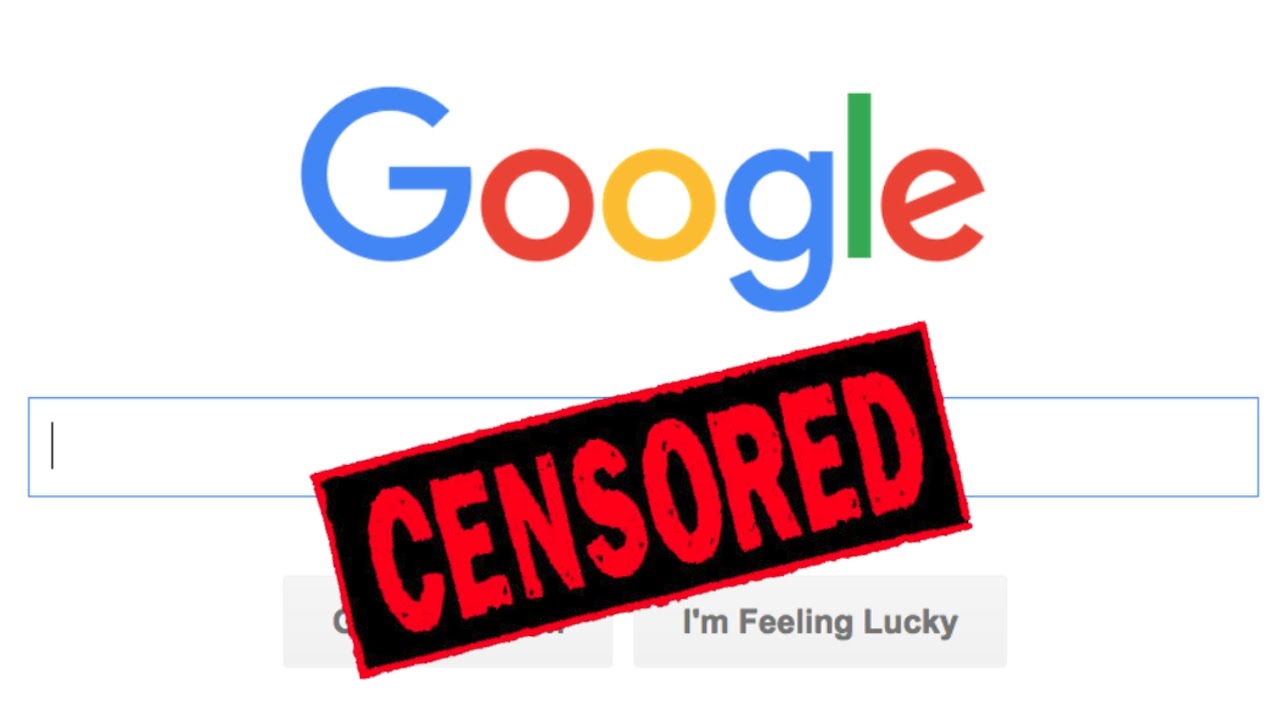EU Court To Decide Whether Google Must Censor Search Results Worldwide
by Wendy Davis @wendyndavis, July 19, 2017
France’s privacy regulators have asked Europe’s highest court to decide whether the so-called “right to be forgotten” requires Google to censor its search results worldwide.

The move comes three years after judges in the Court of Justice of the European Union ruled that Google (and other search engines) must remove links to embarrassing information about Europeans at their request, after weighing their right to privacy against the public interest in the information.
Google has interpreted that decision more narrowly than some officials in Europe. The search company contends that the ruling only requires to remove links to some material in European countries, like Google.fr, but not from its worldwide search results, including the U.S. page Google.com.
In 2015, France’s CNIL (the country’s data protection office) rejected Google’s position, stating that a country-by-country implementation of the right to be forgotten could allow that right to “be easily circumvented.”
The following year, French regulators fined Google $112,000 for failing to censor its search results worldwide.
Google appealed that decision to France’s Supreme Administrative Court, the Conseil d’Etat. On Wednesday, that court referred the matter to Europe’s top court.
“It’s plain common sense that one country should not have the right to impose its rules on the citizens of another, especially not when it comes to lawful content,” global privacy counsel Peter Fleischer said late last year in a blog post about the controversy.
Advocacy groups — including the Center for Democracy & Technology, Electronic Frontier Foundation and Human Rights Watch — sided with Google, arguing that European judges shouldn’t be able to require the search engine to delete links throughout the world.
“While the French government may decide to limit French citizens’ access to lawfully published information under certain circumstances, it doesn’t have the jurisdiction to limit access by people outside of France to information lawfully published outside of France,” the CDT argued last year. “A non-EU resident, for example, searching on Google.com for information that appeared in a US newspaper article, does not have any expectation that the CNIL could interfere with her access to that information.”
The “right to be forgotten” doesn’t exist in the United States, where free speech principles protect the right to publish accurate information.
MediaPost.com: Search Marketing Daily
(20)